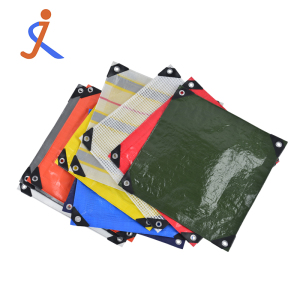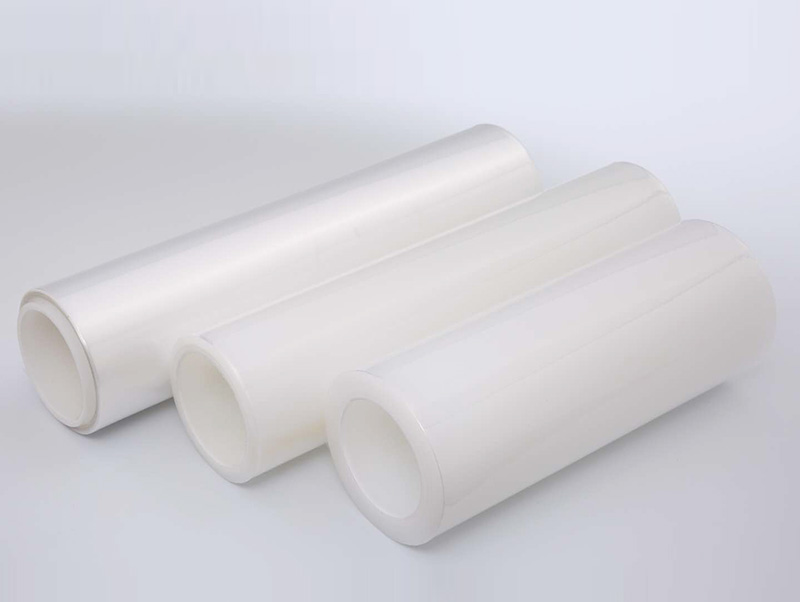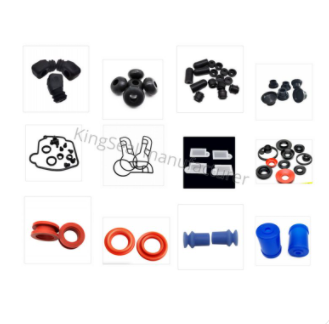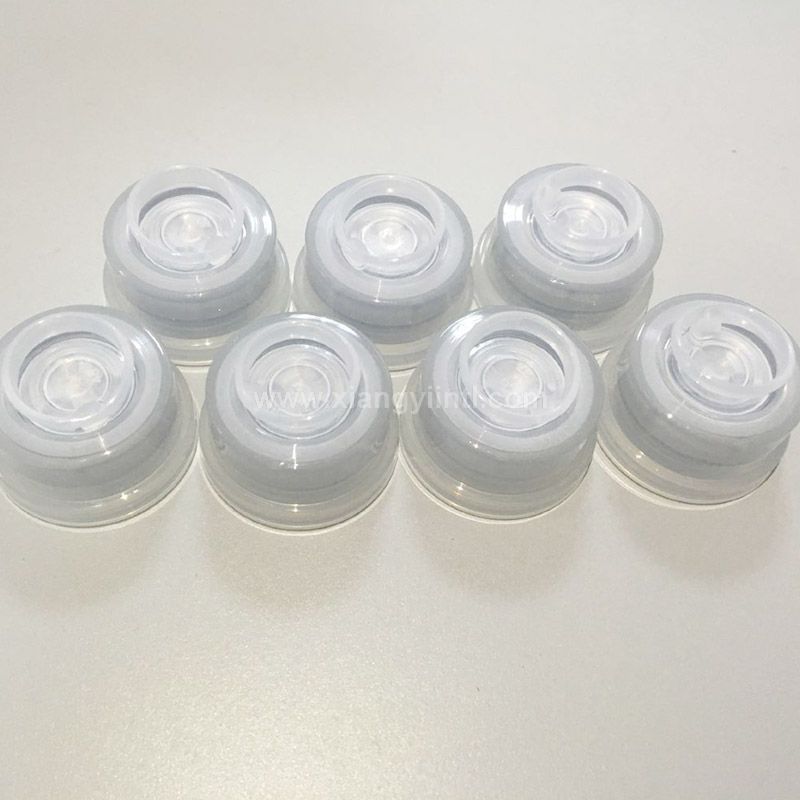What Are Rubber Gaskets Used for?
A rubber gasket is an elastic element used to mechanically seal small gaps between two mating surfaces or joints. Examples of these surfaces include the flange faces of pipes and fittings, the mating surfaces of automotive cylinder heads and engine blocks, fuel tank edges and covers, door edges, frames, etc. Rubber gaskets seal surfaces by flowing into and filling surface irregularities of rigid components. The sealing effect is produced by applying a compressive force to the component, which deforms the gasket plastically.
The sealing ability of rubber is attributed to their elastomeric nature. Rubber, whether natural or synthetic, belongs to a group of materials called elastomers. Elastomers are a class of polymers with high elasticity, created by cross-linking long polymer chains into an amorphous structure. The intermolecular forces between the polymer chains are relatively weak; this allows them to reconfigure when pressure is applied. Due to this property, elastomeric gaskets can easily conform to the contours of the surface, thus creating a tight seal.
What are the use cases for gaskets?
Gaskets are found in many industrial applications. These include food processing, petrochemicals, pipelines, machinery and gas. The easiest way to summarise these is to think, "If it needs to be sealed and it doesn't move, it's probably using a gasket."
Examples around the home include gaskets around taps and windows. Appliances such as refrigerators have gaskets to keep cold air inside. Examples in the workplace might include gaskets in machines, pipes, valves and pumps.
Most people tend to think of cylinder gaskets as the stainless steel gaskets or metal gaskets used in cars. But as you can see, there are many different kinds of gaskets.
In most cases they are disguised under different names, such as gaskets or O-rings. And all of them play an important role in a range of applications.
Types of gaskets and materials
There is a wide range of gaskets used in various settings. Depending on the most important characteristics required, each material is preferred.
Gaskets are available in a variety of materials, including metal, plastic, silicone and glass fibre reinforced polymers. However, they must all fit snugly against their mating surfaces so that they do not leak around them.
With this information in hand, let's take a look at each type of gasket. In addition, we will examine their properties and the way they are used in everyday environments:
Further reading:
Key Considerations When Choosing Rubber Stoppers
What is the difference between MDPE and HDPE gas pipe?
Rubber gaskets
Synthetic rubber gaskets are one of the oldest sealing technologies. Charles Goodyear first developed rubber gaskets around 1844 for the invention of vulcanised rubber. They are made from natural or synthetic materials.
We will describe these in more detail below, as each one is a little different. You can find rubber gaskets in a variety of applications, including
EPDM Rubber Molded Flat Gasket
Medical
Medical equipment such as catheters, infusion tubing, infusion bags, etc. all need to be kept well sealed to prevent contamination and infection. hvac/r - HVAC systems rely heavily on air tightness to keep the room environment clean and dry.
Automotive
The most common application for rubber gaskets is automotive use, where they are often found on doors and boot lids to seal out moisture and other contaminants. In addition, many vehicles have seals between the engine block and cylinder head, which need to be effectively sealed to prevent water ingress.
Rubber gasket manufacturers are looking for ways to improve the performance of their products by developing new formulations that provide better sealing properties at a lower cost than previous generations of materials, thus helping to reduce the cost of automotive parts.
High Quality Rubber Seal Gasket
Industrial
Industrial uses include sealing equipment such as pumps, valves and conveyors which are often exposed to harsh chemicals and abrasive particles. These types of environments also generate high heat loads, so these components must remain sealed.
Food & Beverage
Gaskets are commonly used in food processing plants to ensure proper hygiene and safety. Food processors use gaskets to protect raw meat and poultry from cross-contamination with other foodstuffs during the preparation process. The same is true for beverage bottlers who use gaskets to help prevent spillage when bottling carbonated drinks.
Find out more about rubber gaskets
If you want more information regarding rubber gaskets or would like some assistance in choosing the right gasket for your needs, contact Sanshi Rubber Company today on +86 138 3188 9892. Or drop us an email at sale@chinarubber.cc. A member of our team will be more than happy to assist you in your search for the perfect gasket type!
Types of Industrial Hoses: A Comprehensive Guide
HDPE Corrugated Pipes: Unveiling the Technical Specifications for Superior Performance
The Efficiency and Environmental Benefits of Plastic Crusher Machines










